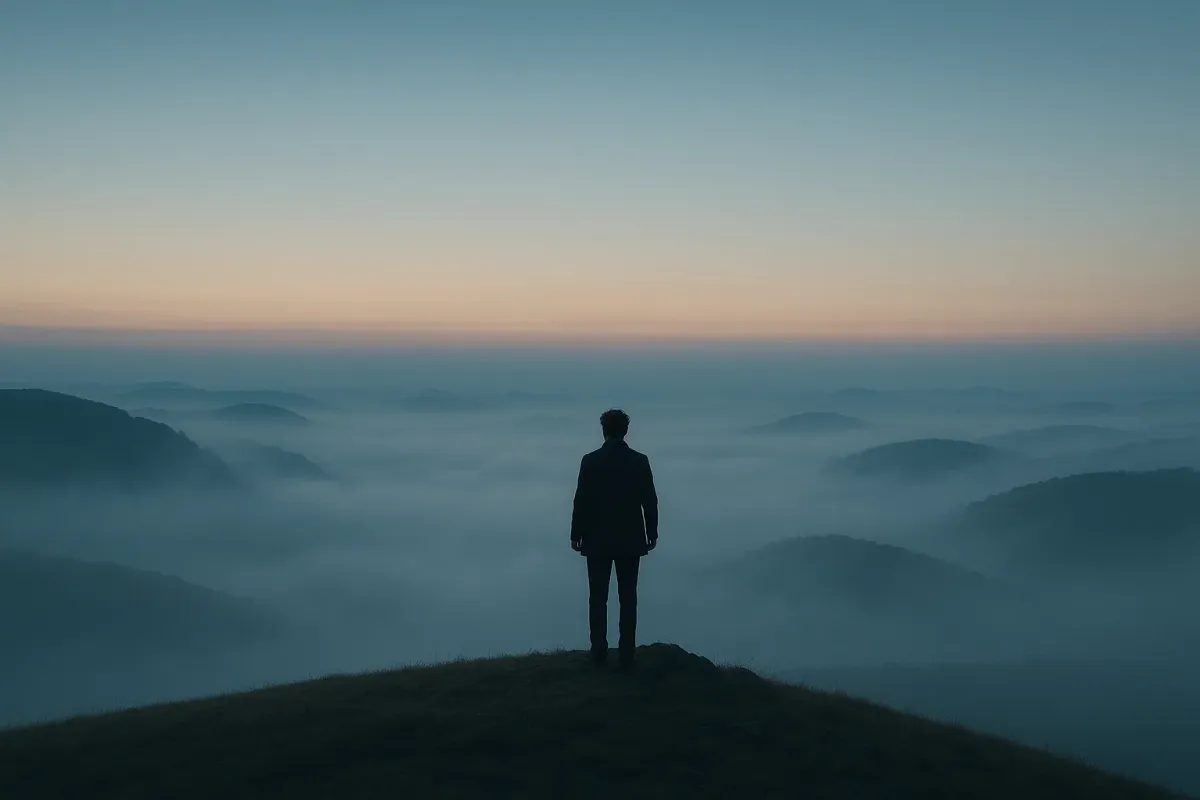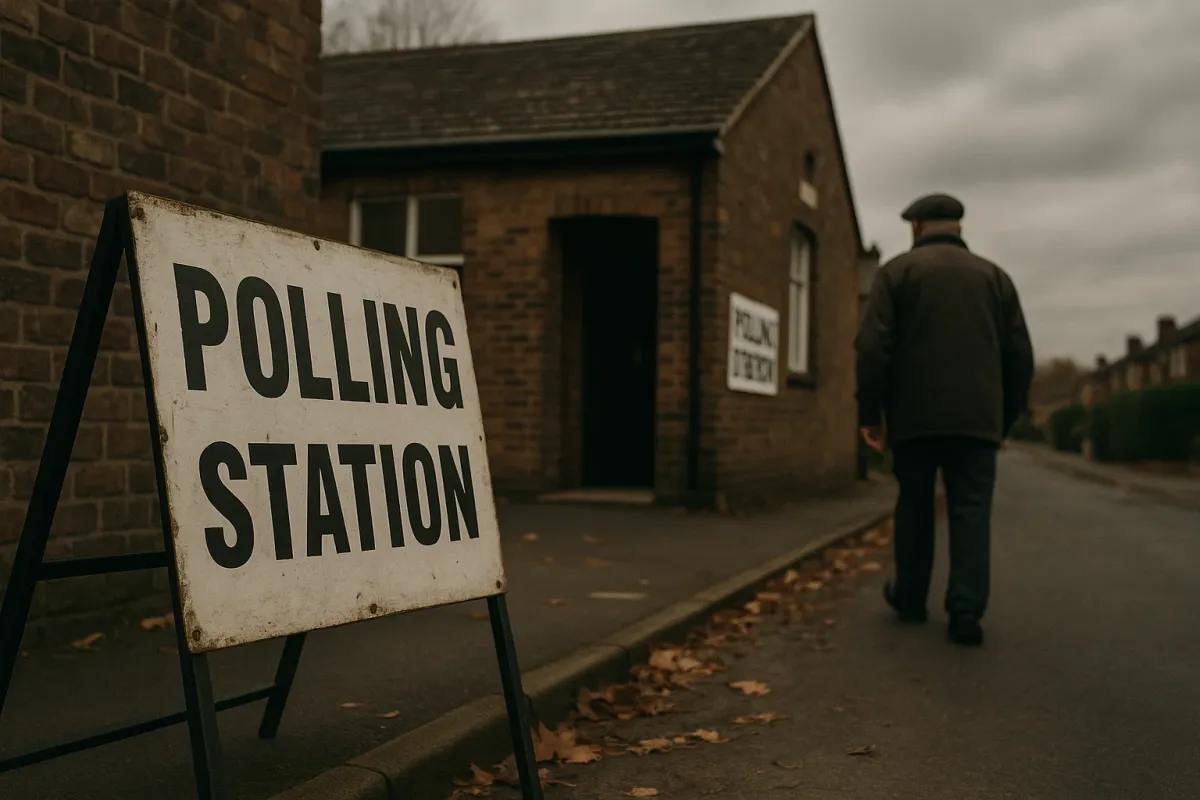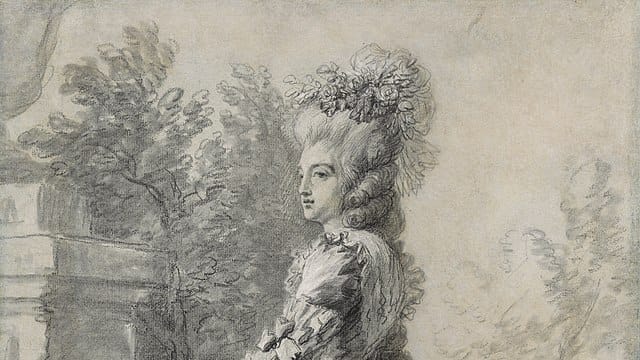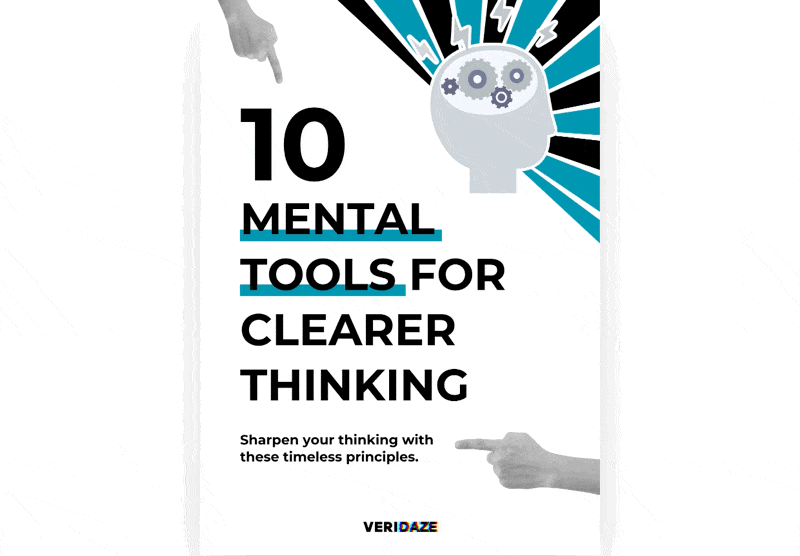There is a peculiar irony at the heart of British liberalism: those most committed to openness and diversity often know the least about the world beyond their ideological echo chamber.
As Louise Perry notes, perhaps anthropology—not Politics, Philosophy and Economics—should be the default degree for our future Prime Ministers. Not because anthropology guarantees moral virtue or wise governance, but because it at least begins with a premise now alien to the British ruling class: other people are different. They believe different things, for different reasons, and are not simply waiting to be reformed into Guardian columnists with better hygiene.
In a recent piece excerpted by Perry, Ed West skewers the psychological blind spot that plagues much of the Western liberal elite—a form of parochialism disguised as cosmopolitanism. These are people who believe that the United States is exceptionally racist by global standards, when the opposite is demonstrably true. Who see religion as an eccentric British pastime rather than the emotional core of billions of lives. Who think all cultural traditions are merely variations of Anglican civility with better food.
This is not the voice of curiosity—it is the voice of ignorance.
For decades, British politics has been steered by graduates of elite institutions who, despite their formal education, have little feel for the deep-rooted beliefs that animate real societies. They speak of “values” but reduce them to procedural ethics or TED Talk platitudes. They are trained to deconstruct but not to understand. Their mental universe is bounded by Whitehall briefings and Twitter discourse. Hence, they are perpetually blindsided by the rest of the world—and increasingly, by their own country.
Think better. Get the FREE guide.
Join Veridaze and get 10 Mental Tools for Clearer Thinking — a free guide to cutting through noise, confusion, and nonsense.
Britain’s liberal elite, like much of its media and political class, has imported what Simon Cooke aptly calls “America Brain.” The left, right, and centre are all performing variations of U.S. ideological theatre—racial discourse, gender battles, culture war framing—without any serious reflection on whether these dynamics map onto the British experience.
As a result, British politics today resembles a hollow stage play. Labour dons the robes of American progressivism, lecturing a public that never signed up for the performance. The Conservatives cosplay as MAGA-lite populists, mouthing slogans they barely understand. And the Liberal Democrats—well, does anyone still remember their lines?
The consequences are not trivial. Stripped of cultural nuance and historical awareness, national cohesion frays. As West notes, Britain is now experiencing a kind of sectarianism not seen for a century. Not just in terms of religion or race, but in belief itself. A society that once agreed on the framework of disagreement now quarrels over reality. The centre has not held—because it was never fortified with understanding.
And so, the case for anthropology is not academic. It is civilisational.
We do not need more clever technocrats fluent in acronymic policy. We need leaders with cultural humility—who understand that belief shapes behaviour, that not all societies are Western in outlook, and that moral universals are rare but vital.
Anthropology teaches that people are not merely consumers, voters, or intersectional identities. They are meaning-seeking, ritual-making creatures embedded in traditions far older than our manifestos. Forgetting this isn’t just naive—it’s dangerous.
Because when a political class forgets how to see the world, it soon loses the ability to govern its own.
Further reading
The WEIRDest People in the World – Joseph Henrich
A sweeping exploration of how Western culture became psychologically unique — and what that means for global misunderstanding.
Seeing Like a State – James C. Scott
A classic critique of top-down thinking, showing how elite schemes often fail due to a lack of cultural and local knowledge.
The Status Game – Will Storr
An incisive look at how human behaviour is shaped by the pursuit of status — across religion, politics, and ideology.
Political Tribes – Amy Chua
Explains how American elites misunderstand global conflicts — and how tribal identity, not ideology, often drives politics.
Anthropology and Modern Life – Franz Boas
A foundational text arguing for cultural relativism — and against the assumption that Western norms are universal.
The End of the End of History – Alex Hochuli, George Hoare, Philip Cunliffe
A sharp, polemical take on how liberal triumphalism collapsed into managerial drift and ideological confusion.
Cosmopolitanism – Kwame Anthony Appiah
A philosophical defence of global citizenship — rooted in respect for cultural difference rather than flattening it.
If you found this useful, consider subscribing for more thought-provoking articles. And feel free to share your take in the comments below.
You might also like:








